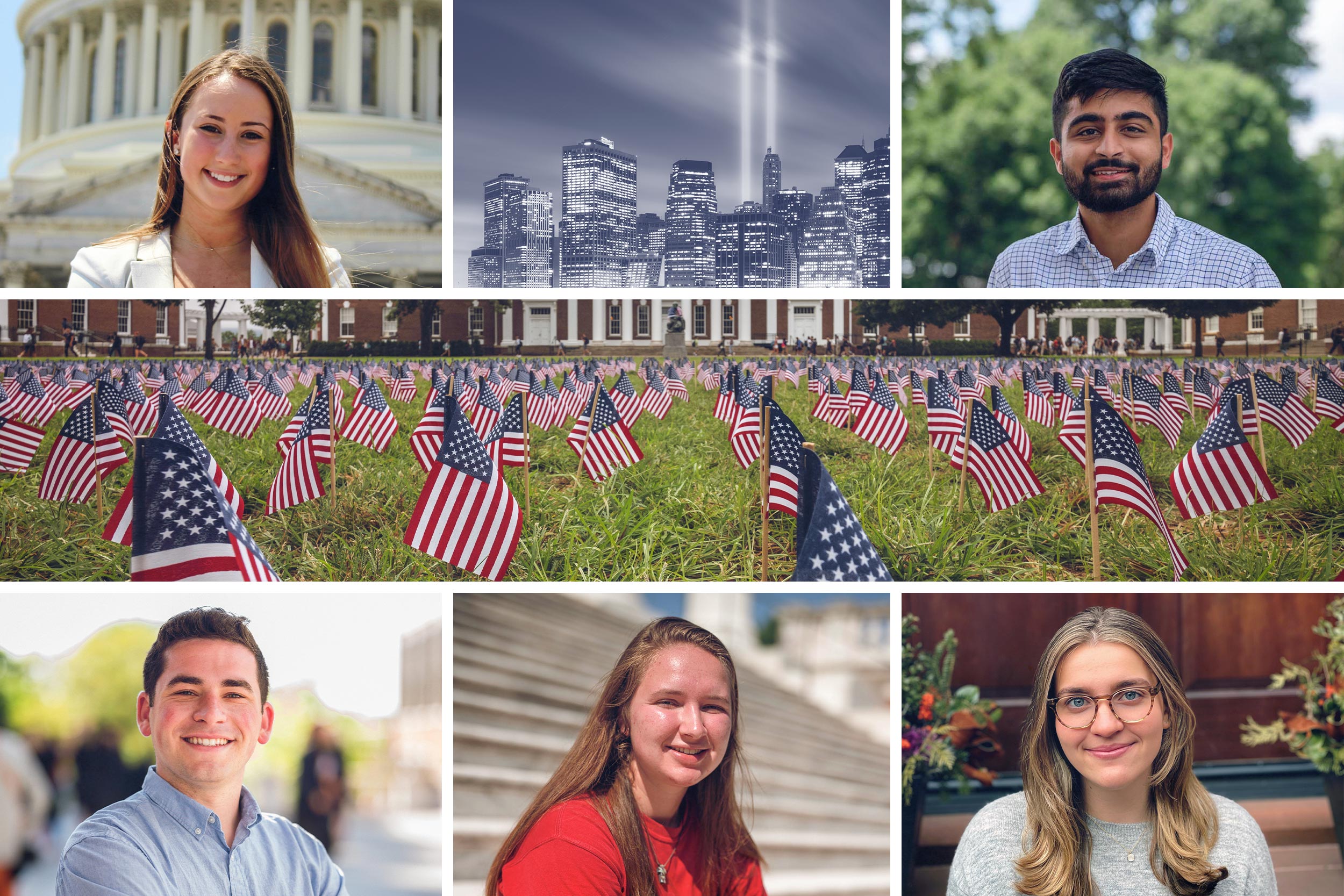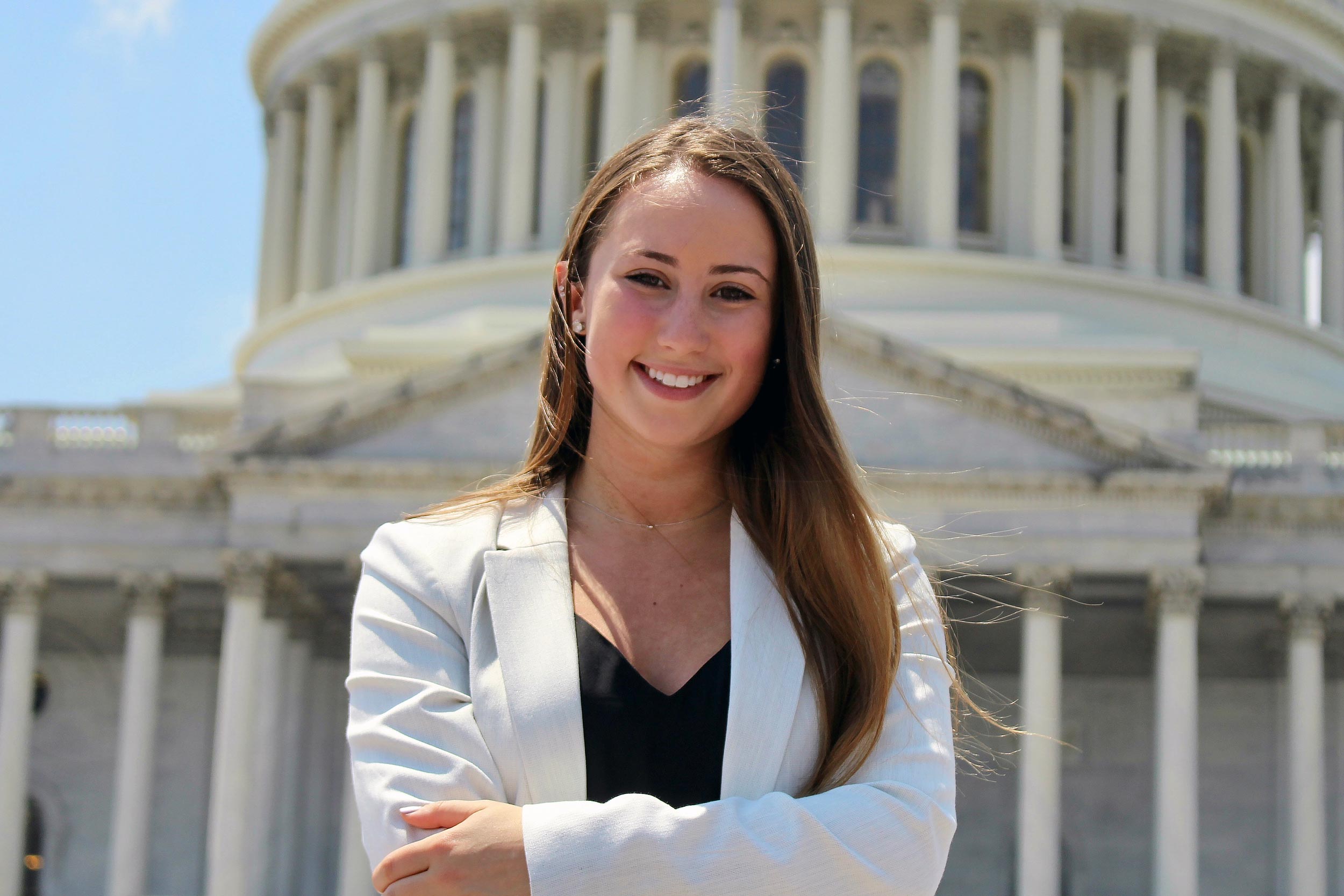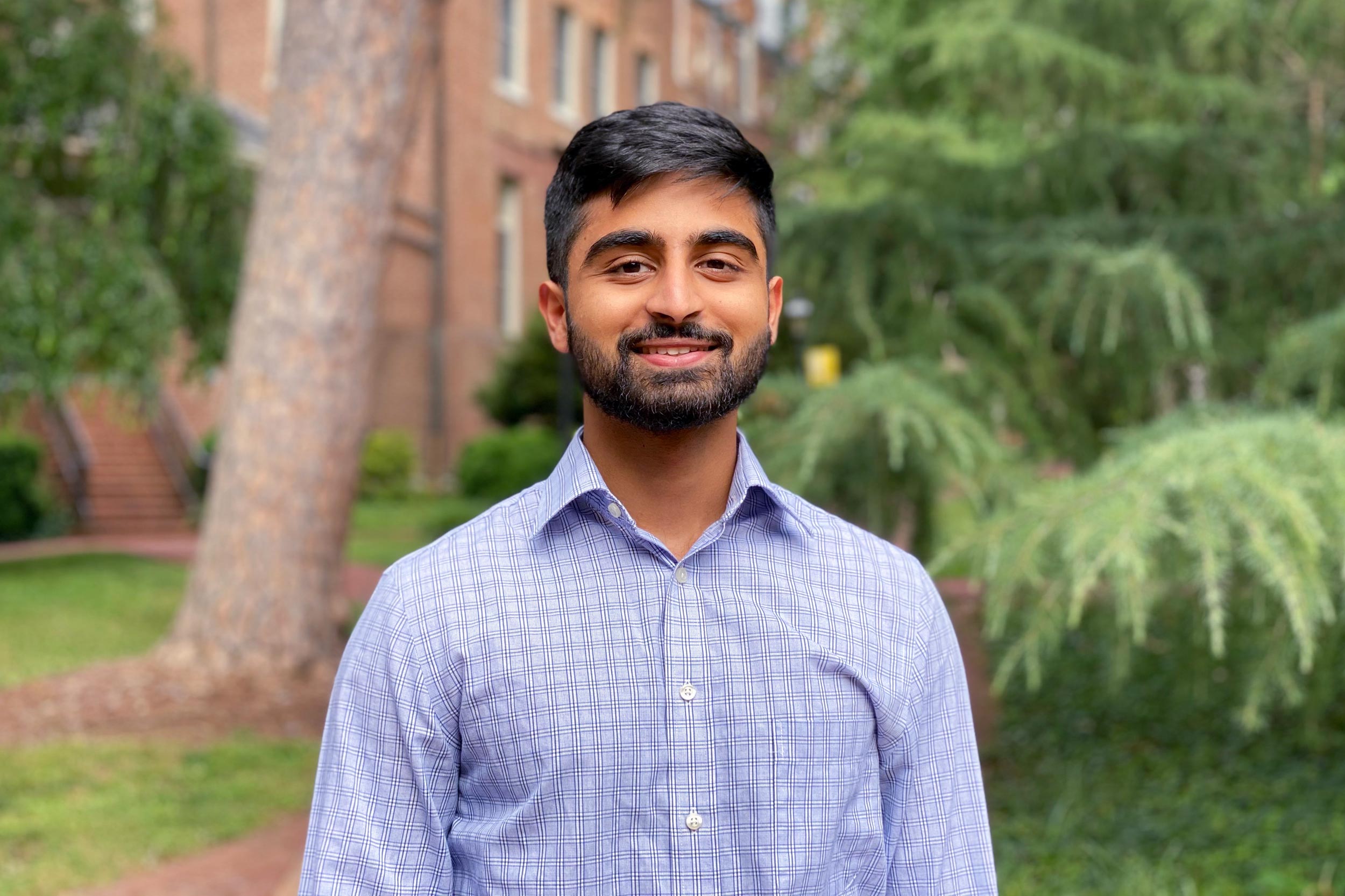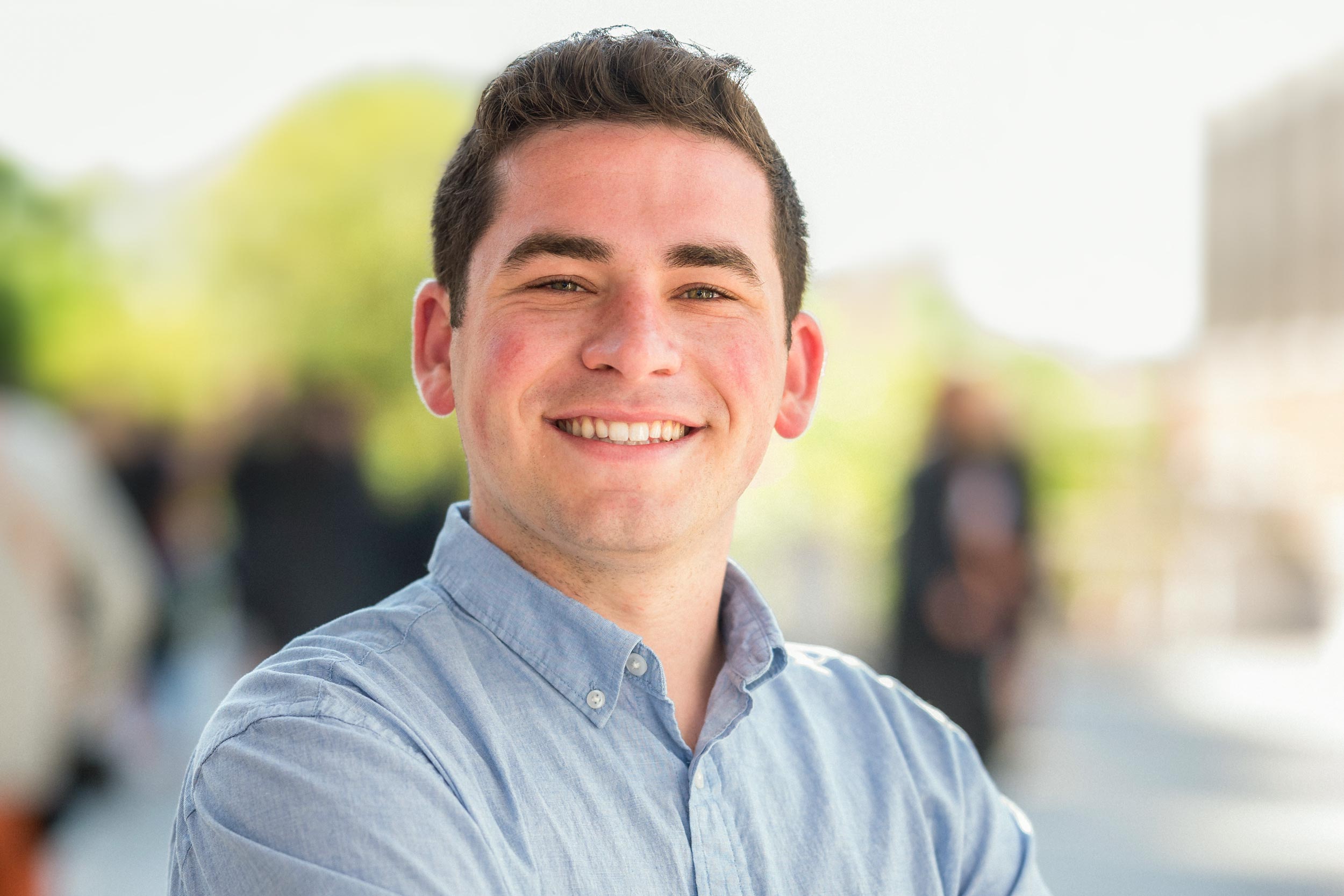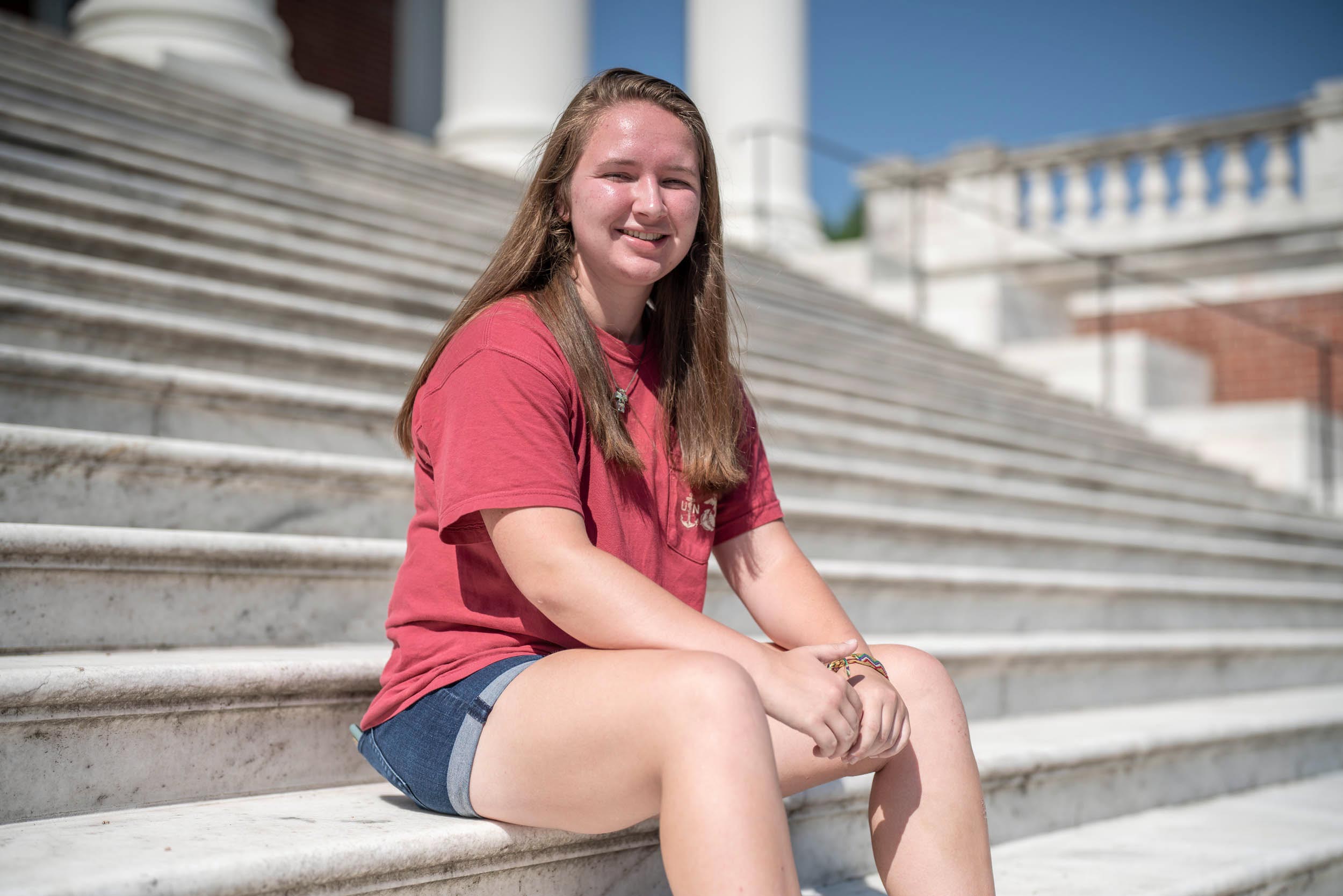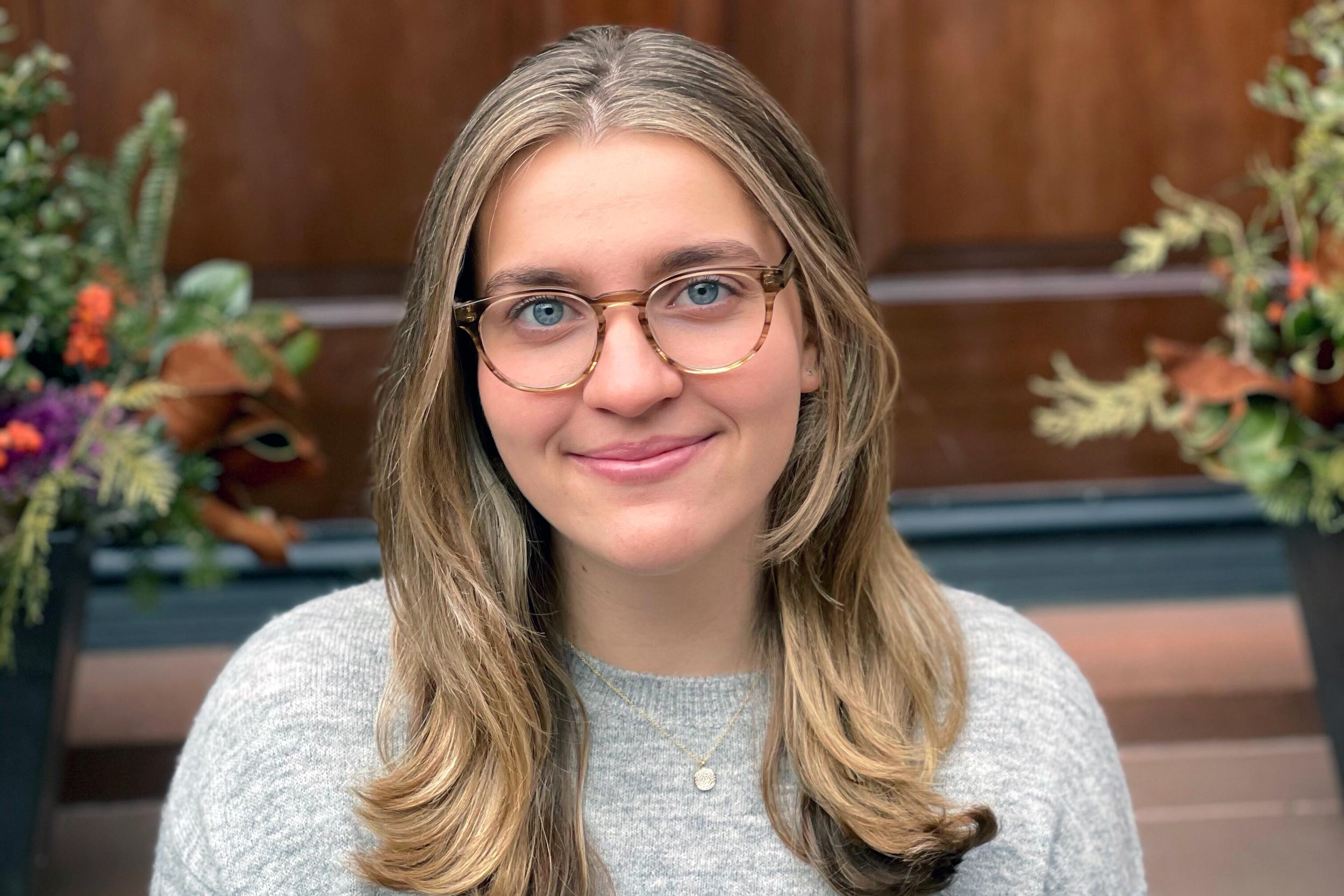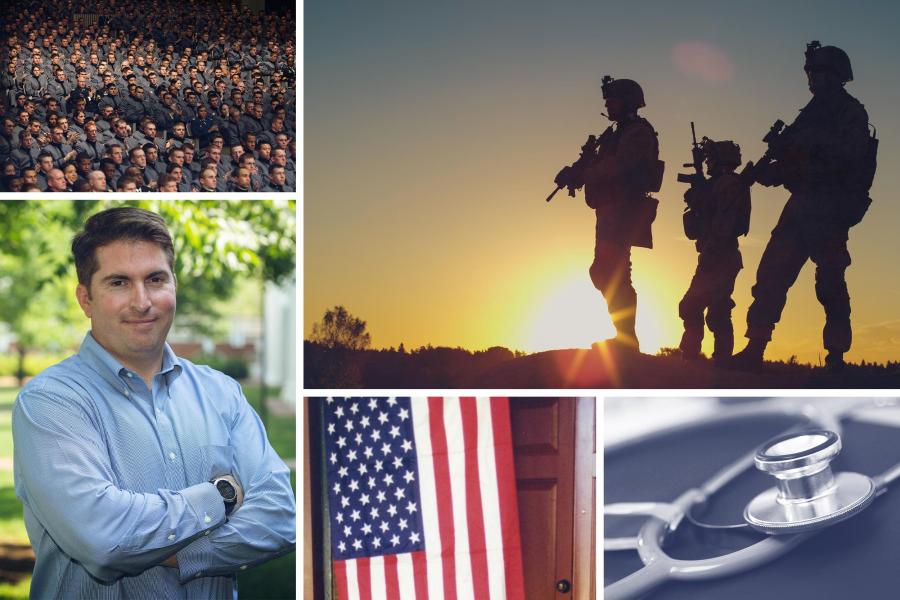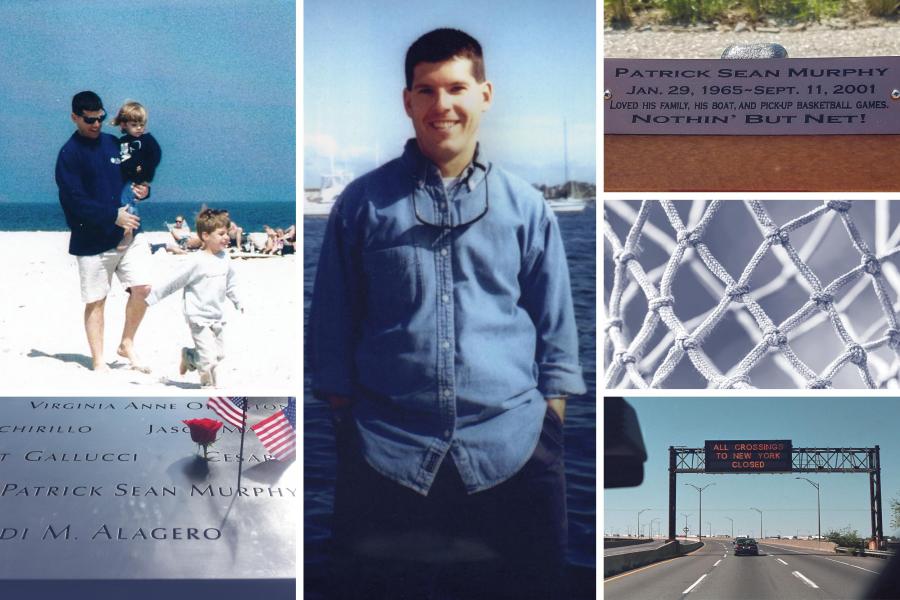Jane Frankel is a rising fourth-year student in the Batten School and a native New Yorker. Though she was only a year old when the attacks occurred, the legacy of 9/11 permeates her home city.
“I only really know life after 9/11, but it was definitely something that was a part of our vernacular and a topic of conversation with other kids growing up,” Frankel said. “Everyone in New York has a story about where they were that day. I could tell you where all my friends were and their families’ stories in relation to Sept. 11.”
As a child, Frankel remembers learning about 9/11 in the classroom and gaining a deeper understanding of the event.
“On Sept. 11, we would always have 11 minutes of silence, and then the teachers would take time to teach us about what happened, or we’d write letters to families and first responders,” Frankel said.
Every year on Sept. 11, Frankel notices a shift in the attitude of New York City.
“I think on the anniversary, there’s always a somberness and even more unity. I don’t know how to describe it, because it’s something that’s just in the atmosphere. It feels like people take time to reflect on what it means to be a New Yorker,” Frankel said.
The attacks brought a host of safety practices that Frankel finds reassuring.
“When I think about feeling safe, like when I’m going to a concert or something, and my anxiety spikes about what could go wrong, I’m always like, ‘Well, New York City has some of the best security since 9/11, and we have so many precautions in place,’” she said.
Reflecting on it, Frankel said the city’s resilience in the face of adversity – then and now – is inspiring.
“Personally, I didn’t always know how much pride I had in being a New Yorker until I left New York, but this city is so resilient and has endured so much,” she said. “I think the fact that we’re able to recognize 9/11 every year and say that we’re not going anywhere is really powerful.
“Now, after the pandemic, people keep saying that New York’s gone or New York’s done, but I just think New York’s so tough, and to me, New York can never really be defeated or brought down.”
